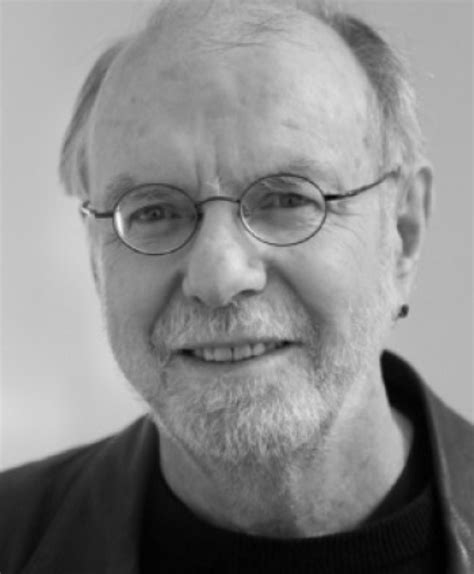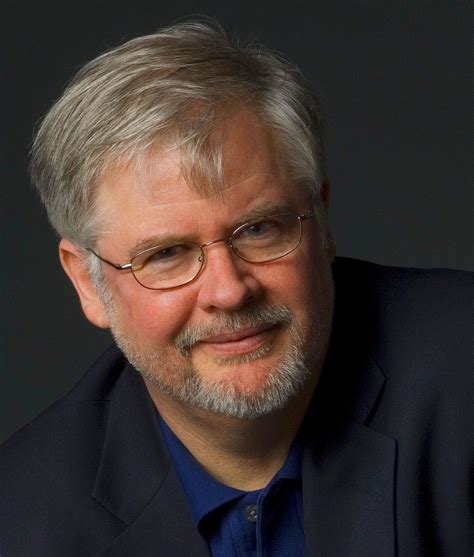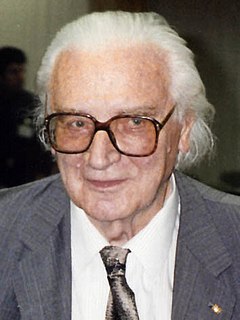A Quote by Orson Scott Card
If you did not in your own mind distinguish between useful and erroneous information, then you were not learning at all, you were merely replacing ignorance with false belief, which was no improvement.
Related Quotes
The criminal misuse of time was pointing out the mistakes. Catching them?noticing them?that was essential. If you did not in your own mind distinguish between useful and erroneous information, then you were not learning at all, you were merely replacing ignorance with false belief, which was no improvement. The part of the man's statement that was true, however, was about the uselessness of speaking up. If I know that the teacher is wrong, and say nothing, then I remain the only one who knows, and that gives me an advantage over those who believe the teacher.
How do you get out of a belief system? First you have to destruct the belief system. Traditionally, the teacher is supposed to remove your ignorance. But when you remove ignorance, you start with removing what is causing the ignorance, which is your belief system. So the teacher's job indeed is to first deconstruct your belief system. And then to give you inspiration so you'll go out to create a path to discover what is spirit, what is beauty, what is love, because these things nobody can teach you. So teaching really should be a demolition job.
There were no men in this painting, but it was about men, the kind who caused women to fall. I did not ascribe any intentions to these men. They were like the weather, they didn't have a mind. They merely drenched you or struck you like lightning and moved on, mindless as blizzards. Or they were like rocks, a line of sharp slippery rocks with jagged edges. You could walk with care along between the rocks, picking your steps, and if you slipped you'd fall and cut yourself, but it was no use blaming the rocks.
It is impossible to read the history of the petty republics of Greece and Italy without feeling sensations of horror and disgust at the distractions with which they were continually agitated, and at the rapid succession of revolutions by which they were kept in a state of perpetual vibration between the extremes of tyranny and anarchy . . . great improvement . . . were either not known at all, or imperfectly known to the ancients.
Learning is not to be tacked to the mind, but we must fuse and blend them together, not merely giving the mind a slight tincture, but a thorough and perfect dye. And if we perceive no evident change and improvement, it would be better to leave it alone; learning is a dangerous weapon, and apt to wound its master if it be wielded by a feeble hand, and by one not well acquainted with its use.
Error is a supposition that pleasure and pain, that intelligence, substance, life, are existent in matter. Error is neither Mind nor one of Mind's faculties. Error is the contradiction of Truth. Error is a belief without understanding. Error is unreal because untrue. It is that which stemma to be and is not. If error were true, its truth would be error, and we should have a self-evident absurdity -namely, erroneous truth. Thus we should continue to lose the standard of Truth.
As a citizen I felt appalled that we WENT TO WAR over faulty information - that felt false or at least "stretched" from the first time they started to push the idea that Iraq and 9/11 were connected, though they didn't seem to be and there was no logical reason for thinking they were. It's like your neighbors the Smiths burned your house down, and then the next day you retaliated by burning down the Jones' house.
Of course, we knew that the official reports were sketchy, if not falsified. But, in terms of information theory, this is precisely where the problem lay: How were we to reconstruct reality from incomplete or false reports? It is not true that virtually all news in a totalitarian state is false. On the contrary, most news is completely correct, albeit tendentiously slanded; it is just that certain information is suppressed. One can adjust for the political slanting of the news, but there is virtually no way to fill in the omissions.
Teaching is more difficult than learning because what teaching calls for is this: to let learn. The real teacher, in fact, lets nothing else be learned than learning. His conduct, therefore, often produces the impression that we properly learn nothing from him, if by "learning" we now suddenly understand merely the procurement of useful information.
Data isn't information. ... Information, unlike data, is useful. While there's a gulf between data and information, there's a wide ocean between information and knowledge. What turns the gears in our brains isn't information, but ideas, inventions, and inspiration. Knowledge-not information-implies understanding. And beyond knowledge lies what we should be seeking: wisdom.





































